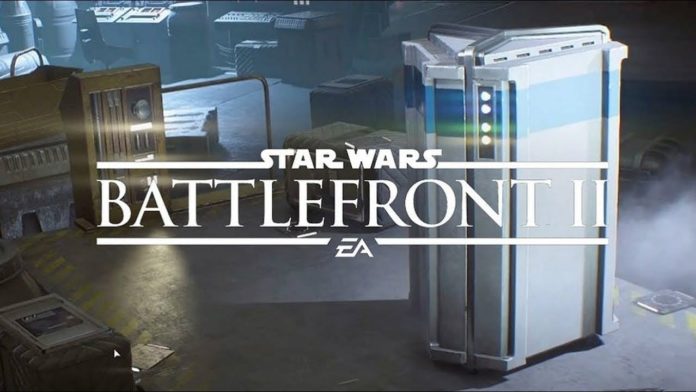In yet another move which is sure to cast a negative light on EA, the company has now decided to call Loot Boxes something else entirely in order to evade legal and/or ethical concerns.
In a recent UK Parliamentary hearing, EA’s representatives avoided using the term “Loot Box”, instead opting for the more open-ended term ‘Surprise Mechanics’. When asked about whether the use of such in-game mechanics is ethical, EA responded as follows:
“That is what we look at as ‘surprise mechanics’. It is important to look at this. If you go to—I don’t know what your version of Target is—a store that sells a lot of toys and you do a search for surprise toys, you will find that this is something people enjoy. They enjoy surprises. It is something that has been part of toys for years, whether it is Kinder eggs or Hatchimals or LOL Surprise! We do think the way that we have implemented these kind of mechanics in [FIFA] is actually quite ethical and quite fun, enjoyable to people.”
Needless to say, the whole situation came under fire from almost the entirety of the gaming industry, with many outlets as well as content creators calling out the company on their predatory practices.

EA came under fire for the first time all the way back in 2017, with the release of Star Wars: Battlefront II. The game incited heavy controversy with its abundant use of loot box mechanics to entice players into initiating micro-transactions. At one point the game was synonymous with pay-to-win mechanics, a term which gamers, and by extensions consumers, still hate.
While the company got its fair share of flak for that debacle, it has repeatedly used the same mechanic in multiple games afterwards, much to the dismay of consumers. EA has used loot boxes, and other predatory practices, so many times in their games that the company got awarded the “Worst Company in America” award by The Consumerist in 2012.

Speaking on the same topic, representatives from Epic Games denied the fact that they are profiting from in-game monetization for which they did get called out for by the committee. When asked about the addictive nature of these practices, Epic Games’ response was that they can’t be held responsible for “gaming addiction”, subtly dodging the question.
Gaming mechanics like Loot boxes have always been looked down upon, but with the recent emergence of such games, especially in the free-to-play market, has certainly called into question the ethical responsibilities of companies such as EA. Where this leads, only time will tell. The full parliamentary hearing can be seen here.
Related:


